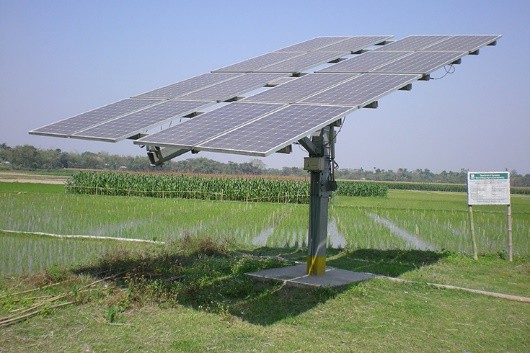mail info@star-centre.org

The Renewable Readiness Assessment (RRA) for Bhutan, conducted by the Department of Renewable Energy in collaboration with IRENA, highlights Bhutan's potential for sustainable energy security through a diversified supply mix. Aligned with the Gross National Happiness philosophy, the report emphasizes socio-economic development, environmental conservation, cultural preservation, and good governance. While hydropower currently meets 30% of Bhutan's energy needs, the country has untapped potential in solar, wind, bioenergy, and small hydro. The RRA recommends strengthening renewable energy policies, establishing a development fund, promoting renewable energy use, enabling prosumers, supporting electric mobility, incentivizing heating applications, and enhancing energy efficiency. Challenges include balancing growth with conservation and rapid investment needs. Stakeholder engagement and public awareness are also crucial. Overall, the assessment aims to facilitate Bhutan's smooth energy transition for sustainable economic growth and improved livelihoods.
Read more: Renewables Readiness Assessment: Kingdom of Bhutan (irena.org)
The IRENA report on Bhutan’s renewable energy profile provides an overview of the country’s energy landscape as of 2021. Bhutan’s total energy supply was 76,751 TJ, with renewable energy contributing a significant 82%. The primary source of renewable energy in Bhutan is hydropower, which plays a crucial role in the country’s energy mix. The report highlights Bhutan’s efforts to expand its renewable energy capacity and reduce reliance on non-renewable sources. Following indicators are captured in the report:
Read more: Bhutan_Asia_RE_SP.pdf (irena.org)
